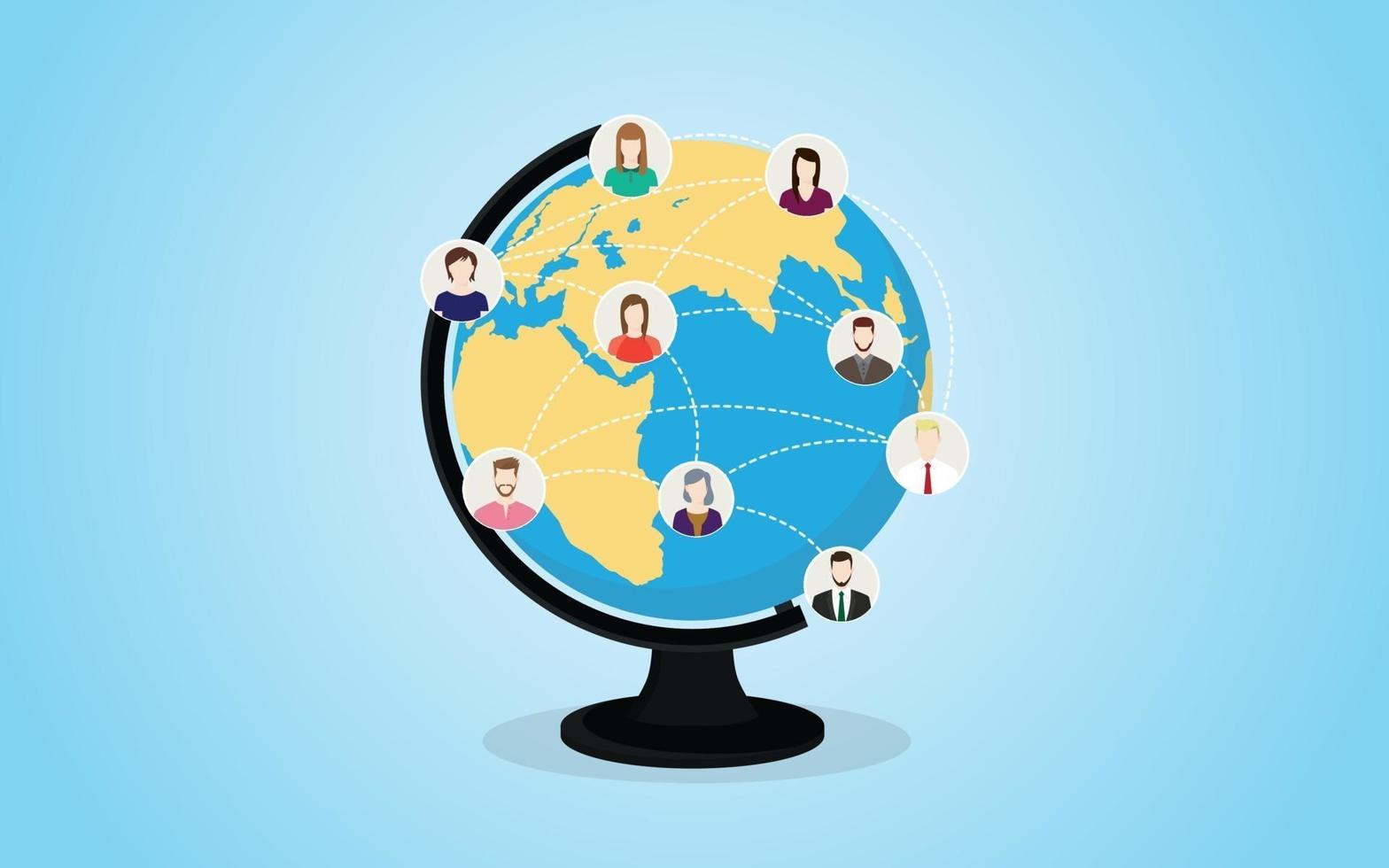In the era of smartphones and constant connectivity, the concept of “being social” has morphed into something entirely new. In the past, to be social meant face-to-face interactions—conversations at cafes, social gatherings, family dinners, and spontaneous moments shared with friends. Today, however, being social often refers to our interactions on social media platforms: likes, comments, retweets, stories, and posts. But with such digital exchanges taking over our social lives, one might wonder: Are we still truly social, or have we become obsessed with just social media?
The Changing Landscape of Social Interaction
Let’s begin by considering the core definition of being social. At its essence, to be social means engaging in activities and interactions that connect individuals to one another. This could involve a range of actions, from in-person conversations to sharing an experience over a cup of coffee. Socializing isn’t just about talking—it’s about bonding, sharing, understanding, and empathizing.
However, as technology progressed, so did our methods of communication. The introduction of social media platforms such as Facebook, Twitter, Instagram, and more recently TikTok, changed the game. They transformed how we communicate, making it easier to connect with people across the world in seconds. However, as we increasingly engage with these platforms, we need to ask: Is this still socializing?
Social Media as a Double-Edged Sword
On the surface, social media offers a wide range of benefits. It allows us to stay in touch with long-lost friends, reconnect with family members scattered across the globe, and find communities of like-minded individuals. For many, it provides a sense of belonging and purpose, especially for those who might feel disconnected in the real world. Furthermore, social media is an excellent tool for spreading awareness, sharing news, and promoting social causes.
Yet, while social media fosters connections, it also introduces a paradox. While we might be more “connected” than ever, are these digital interactions truly meaningful? Studies have shown that online connections often lack the depth and authenticity of in-person ones. The art of conversation, once vibrant and full of nuance, is often reduced to quick text exchanges or emoji-laden comments.
Moreover, the anonymity and distance that the digital world provides can lead to superficial interactions. People can post curated versions of their lives, creating a world that may seem perfect, but is ultimately devoid of the complexity that characterizes real-life relationships. In short, the question arises: Is social media fostering connection, or is it simply filling the gap between us and our deeper social needs?

The Rise of Digital Personas
One of the most significant ways social media has transformed our interactions is by allowing us to create digital personas. These avatars—whether intentionally or subconsciously—often present an idealized version of ourselves. We share our most flattering pictures, highlight our most exciting moments, and curate our thoughts to fit into a cohesive online narrative.
This practice, known as personal branding, has become almost ubiquitous. In a world where visibility can lead to opportunities, it’s understandable that we all want to present ourselves in the best possible light. However, the question remains: If we are constantly showcasing an edited version of our lives, are we truly engaging with others, or are we simply performing for them?
The rise of digital personas has also created an environment of competition. The desire for likes, comments, and followers can make us feel validated, but it can also foster feelings of inadequacy. As we compare our real lives with the seemingly perfect lives of others, social media can quickly turn from a source of connection to a breeding ground for insecurity.
Authenticity in the Age of Filters
The pursuit of an idealized version of ourselves is further amplified by the prevalence of filters. Instagram, Snapchat, and TikTok all offer tools to alter our appearance, making us appear more attractive, younger, or flawless. While these tools may be fun and harmless at first, they also contribute to the distortion of reality.
The constant use of filters raises an important question: Can we ever truly be authentic in a world where perfection is just a click away? What happens to the authenticity of our interactions when every photo is carefully curated, and every moment is filtered? In an era where we can control how others see us, it becomes more challenging to discern who we really are—and whether our connections with others are based on genuine emotions or just the polished versions of ourselves that we present online.
The Decline of Face-to-Face Interaction
One of the most significant side effects of social media’s dominance is the decline of face-to-face interactions. While digital communication has made it easier to stay connected with others, it has also led to a reduction in meaningful, in-person conversations.
According to research, people are spending more time on their devices and less time engaging in social activities. In fact, some studies show that a rise in social media usage correlates with an increase in feelings of loneliness and isolation. This seems counterintuitive—after all, aren’t we more connected than ever? However, digital interactions don’t replicate the nuances of in-person conversations. The warmth of a smile, the sound of laughter, the comfort of a hug—these things cannot be conveyed through a screen.
The Echo Chamber Effect
Another side effect of social media is the creation of echo chambers. These are environments where people are exposed only to information that reinforces their existing beliefs and opinions. Social media algorithms, designed to keep users engaged, often prioritize content that aligns with their interests, creating a feedback loop of confirmation bias.
While this may seem convenient, it can limit our exposure to diverse perspectives. When we only engage with those who share our views, our understanding of the world becomes narrow and insular. Social media, in this sense, can stifle meaningful debate and hinder our ability to engage in open-minded, respectful conversations.

The Psychological Toll of Social Media
Perhaps one of the most pressing concerns surrounding social media is its impact on mental health. The pressure to constantly present an idealized version of ourselves can lead to anxiety, depression, and burnout. Social media can also exacerbate feelings of inadequacy, as users compare themselves to influencers and celebrities who often seem to lead perfect lives.
Furthermore, the need for constant validation—whether through likes, comments, or followers—can create an unhealthy dependency on external approval. This can lead to a cycle where our sense of self-worth is tied to our online presence, leaving us feeling unfulfilled when the attention we receive falls short of our expectations.
Reclaiming Socialization in the Digital Age
Despite the challenges presented by social media, there is hope. We can still reclaim meaningful social interactions, but it requires a shift in mindset. The key is to use technology as a tool for connection, rather than a replacement for genuine human contact. Here are a few ways we can navigate the complexities of social media while maintaining authentic social lives:
- Limit Screen Time: Set boundaries on how much time you spend on social media each day. Use this time to engage in face-to-face interactions, whether it’s a phone call, a coffee date, or a walk with a friend.
- Be Authentic: Resist the urge to present a perfect version of yourself. Embrace vulnerability and share the real, unfiltered aspects of your life. This creates space for others to do the same, fostering deeper connections.
- Engage in Meaningful Conversations: Rather than simply liking posts or leaving quick comments, take the time to engage in thoughtful conversations. Share your ideas, ask questions, and be genuinely interested in others.
- Disconnect to Reconnect: Make time to unplug from social media altogether. Whether it’s a weekend retreat, a digital detox day, or simply turning off notifications, giving yourself space from the online world can help you reconnect with yourself and others.
- Focus on Quality, Not Quantity: Rather than accumulating a large number of superficial connections, focus on cultivating a smaller group of meaningful relationships. True socializing is about depth, not breadth.
Conclusion: Beyond the Screen
As we move further into the digital age, the question remains: Are we still social, or are we just social media? While social media has revolutionized the way we communicate, it has also complicated our understanding of what it means to be social. In a world that increasingly values digital connection over physical presence, we must be mindful of the impact this has on our mental health, our relationships, and our sense of self.
The future of social interaction lies not in abandoning social media, but in finding balance. We must learn to use these platforms as tools for fostering real connection, while also prioritizing face-to-face relationships and authentic communication. Only then can we truly say we are still social.











































Discussion about this post